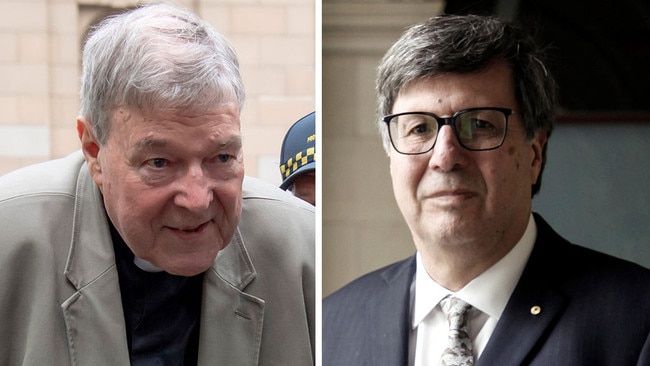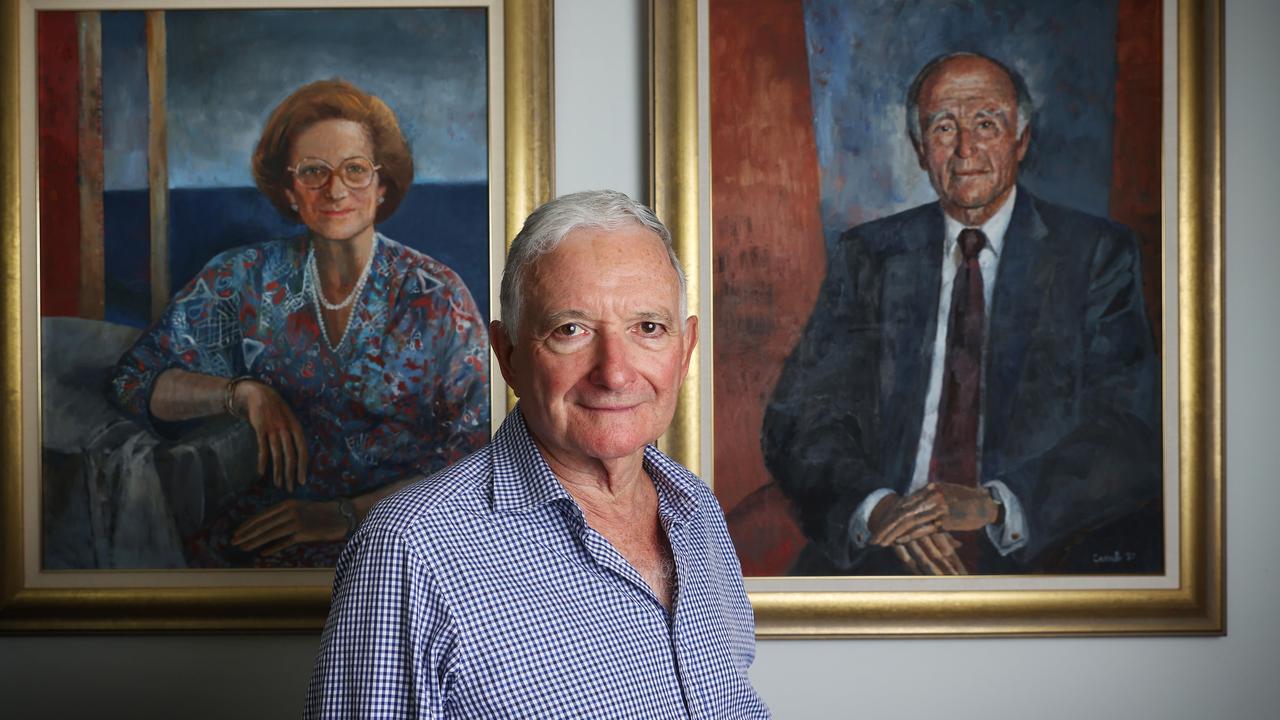Judge casts doubt on victim’s credibility
One of the three appeal judges cast serious doubt on a victim’s account and would have ordered that George Pell be acquitted.

One of the three judges hearing George Pell’s appeal would have ordered he be acquitted, given what he described as a “significant body of cogent evidence” casting serious doubt on the victim’s account.
In his dissenting ruling, judge Mark Weinberg said the case was unusual, depending entirely upon the victim being accepted beyond reasonable doubt as a credible and reliable witness.
“Yet the jury were invited to accept his evidence without there being any independent support for it,” he wrote.
Other two judges convinced by witness who spoke ‘the truth’
Justice Weinberg said the victim at times embellished aspects of his account. “On occasion, he seemed almost to ‘clutch at straws’ in an attempt to minimise, or overcome, the obvious inconsistencies between what he had said on earlier occasions, and what the objective evidence clearly showed.”
He said while there was nothing inherently improbable about child sex abuse by senior clergy, the victim’s evidence needed to be examined within the surrounding circumstances.
“In the present case, there was a significant body of cogent evidence casting serious doubt upon the complainant’s account, both as to credibility and reliability,” the judge said.
Justice Weinberg said the prosecution’s case was challenged by accepted testimony of a significant number of witnesses, “all of whom were of good character and reputable”.
He said the possibility of the abuse occurring in the priests’ sacristy was reliant on several factors, including whether Pell was always accompanied by parish priest Monsignor Charles Portelli. It also rested on evidence that the area was a “hive of activity” shortly after Sunday Solemn Mass.
“Even the ‘reasonable possibility’ that what the witnesses who testified to these matters may have been true must inevitably have led to an acquittal,” Justice Weinberg said. “That was because the complainant’s account could not be reconciled at all with any such finding.”
Justice Weinberg said a jury couldn’t put mistakes in the victim’s evidence aside as “nothing more than matters at the periphery”.
“Sometimes an approach of that kind may be justified. It does not, however, absolve this court from its duty of carrying out a full and proper assessment of the whole of the evidence, including matters of detail,” he said.
Justice Weinberg said it was always going to be a “problematic case”. “The complainant’s allegations against the applicant were, to one degree or another, implausible. In the case of the second incident, even that is an understatement,” he said.
The second incident involved Pell pushing the victim against the wall of a public hallway and squeezing his genitals.
“The complainant’s account of the second incident seems to me to take brazenness to new heights, the like of which I have not seen,” Justice Weinberg. He said Pell’s denials that he was an abuser in the record of interview were “forceful and persuasive”.
Justice Weinberg said the findings of the Royal Commission into Institutional Responses to Child Sexual Abuse represented a “shocking indictment of clerical abuse” in Australia.
He noted he was troubled by the fact that he differed from his colleagues, chief judge Anne Ferguson and judge Chris Maxwell.
“That has caused me to reflect even more carefully upon the proper outcome of this application,” he said. “Having done so, however, I cannot, in good conscience, do other than to maintain my dissent.”


